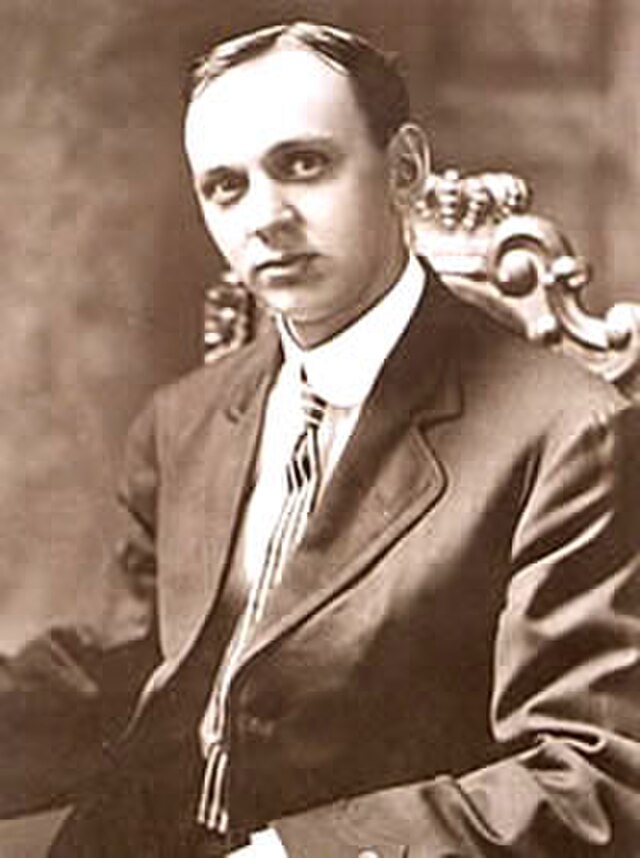

Image: Wikimedia Commons
Edgar Cayce (pronounced Kay-Cee, 1877-1945) has been called the "sleeping prophet," the "father of holistic medicine," and the most documented psychic of the 20th century. For more than 40 years of his adult life, Cayce gave psychic "readings" to thousands of seekers while in an unconscious state, diagnosing illnesses and revealing lives lived in the past and prophecies yet to come.
The term paranormal is used to describe most subjects studied in parapsychology, which deals with parapsychological phenomena (also known as Psi) like telepathy, extra-sensory perception, psychokinesis, and post-mortem survival studies like reincarnation, ghosts, and hauntings. Additionally, the term is used to describe subjects outside the scope of parapsychology, including UFOs, legendary creatures like Bigfoot, purported phenomena surrounding the Bermuda Triangle, and many other non-psychical subjects.
Source: New World Encyclopedia
Extra-sensory perception (ESP), often referred to as "sixth sense," is defined in parapsychology as the ability to acquire information by paranormal means. ESP is not dependent on the known physical senses, nor on deduction from previous experience. Information can be about present, future, or past events, objects, or people. Source: New World Encyclopedia
Types of ESP:
Source: The Witch's Way: A Guide to Modern-Day Spellcraft, Nature Magick, and Divination by Shawn Robbins and Leanna Greenaway